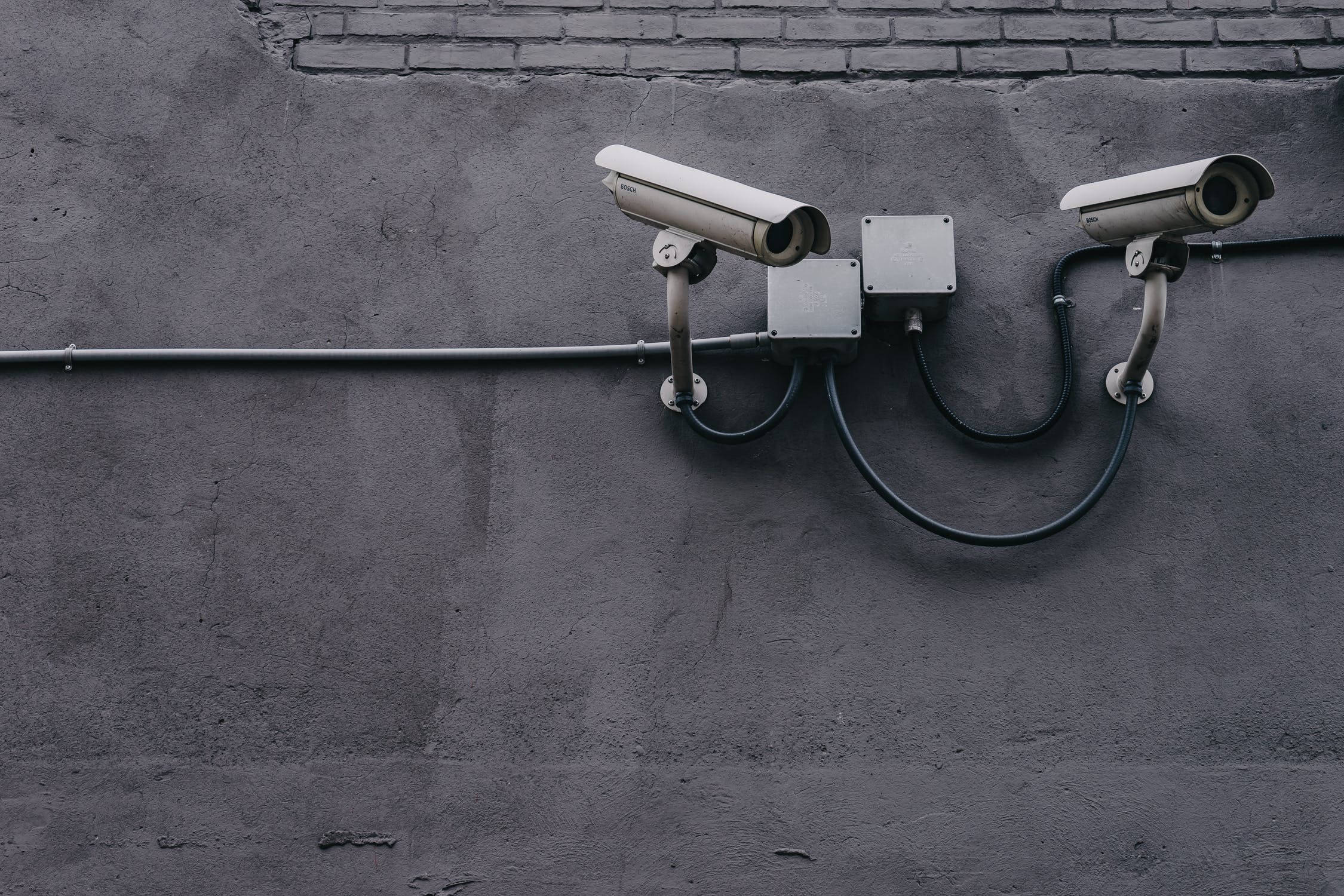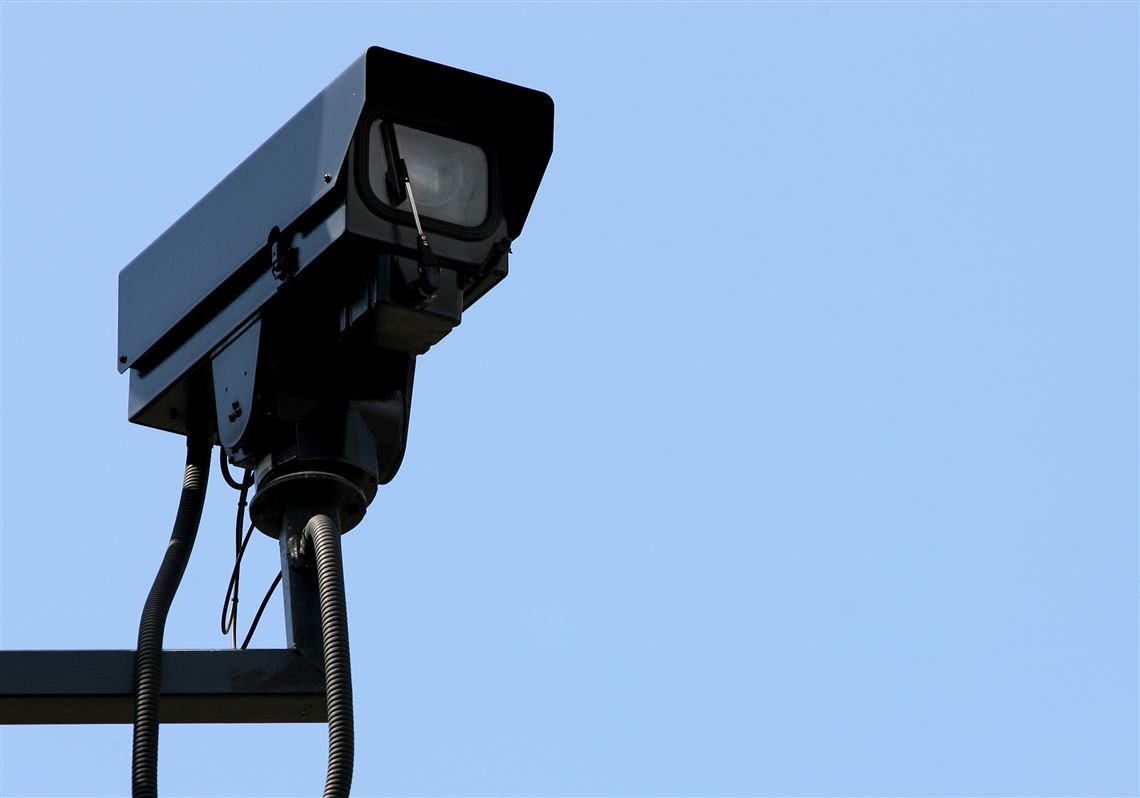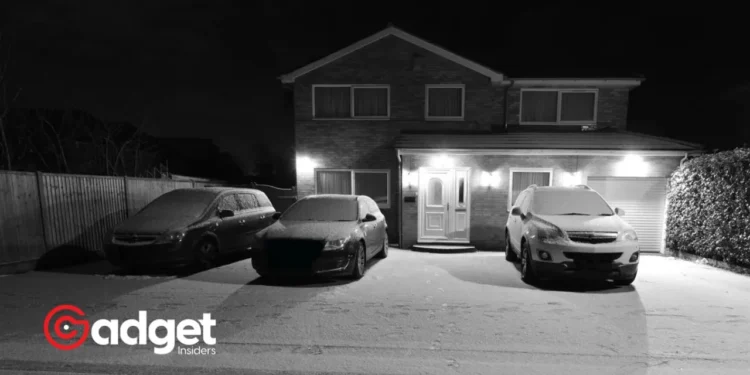In a landmark decision that blurs the boundaries of privacy and public observation, a federal court has articulated a stance that resonates with the echo of Orwellian foresight. As cameras proliferate in every corner of society, from the vigilant lenses of law enforcement to the silent watchers at our front doors, the expectation of privacy has taken a notable shift.
This transformation was starkly highlighted in the recent federal ruling on the case of U.S. vs Hay, a narrative that intertwines the tale of Bruce Hay, a veteran, with the omnipresent eye of surveillance that watched over his home for 68 days without a warrant.

The Precedent: Surveillance Cameras Without Warrants
The U.S. Tenth Circuit Court of Appeals delivered a verdict that has potential ramifications far beyond the immediate parties involved. In essence, the court declared that Mr. Hay did not have a reasonable expectation of privacy for the view of the front of his house that law enforcement recorded through surveillance cameras.
The decision underscored a significant societal shift: as video cameras become increasingly ubiquitous, our collective expectation of privacy inevitably diminishes. Bruce Hay’s case is a poignant illustration of this new reality. Accused of misrepresenting his disability status to the Department of Veteran Affairs (VA), Hay became the subject of intense scrutiny.
However, it wasn’t the charges per se that propelled this case into the legal spotlight but rather the method of evidence collection employed by VA officers. Without a search warrant, they mounted a camera on a pole across the street from Hay’s residence, embarking on a surveillance marathon that stretched over two months.
A short, but very informative video, which vividly explains why #5G is essential for the total surveillance society that we are being forced into (sound is patchy).
Not mentioned is #WBAN – we'll be 'chipped' and monitored, too. It's already happening.https://t.co/848WNLm6Ie
— Wireless Warrior (@Anti5GWarrior) March 31, 2024
The Ubiquity of Cameras: A Double-Edged Sword
The court’s rationale taps into a broader discourse on privacy in the digital age. Cameras have indeed become a fixture of modern life.
They are embedded in our phones, perched on our doorbells, and worn by our police officers. This omnipresence has a dual effect: while it can enhance security and provide valuable evidence, it also raises profound privacy concerns.
Notably, the case brings to light the intricate balance between individual privacy rights and the interests of law enforcement. The court argued that what was visible to the camera was no different from what any passerby could observe. Yet, as critics of this perspective point out, the average person does not spend months documenting the comings and goings of their neighbors.

A Society Under Watch: The Consequences of Surveillance Cameras
The implications of this ruling extend beyond the legal arena into the realm of societal norms and expectations. It poses critical questions about the extent to which surveillance can be employed without encroaching on fundamental privacy rights.
The decision in U.S. vs Hay delineates a boundary for what constitutes a “reasonable expectation of privacy,” essentially exempting the view from the front of one’s home from this protection.
As we navigate this evolving landscape, the case of Bruce Hay serves as a stark reminder of the delicate balance between technological advancement and the preservation of privacy. It also highlights the growing need for legal frameworks that can adapt to the rapid proliferation of surveillance technologies.
In a world where the eyes of technology are ever-present, the conversation around privacy rights versus the benefits of surveillance is more pertinent than ever. As this case demonstrates, the path forward is fraught with challenges, but it is a journey we must undertake with vigilance, ensuring that our rights are not eclipsed by the shadow of ubiquitous surveillance.










